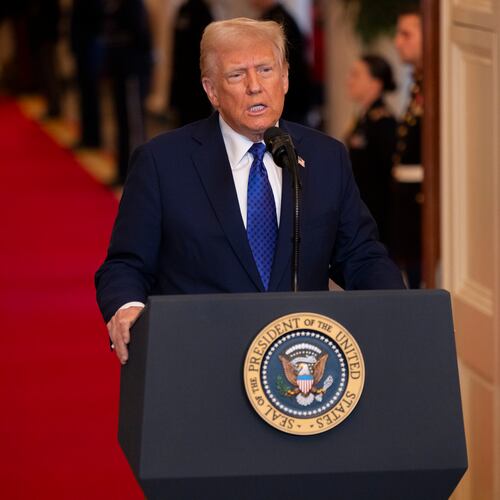Gov. Gavin Newsom says California will pay off all the past-due rent that accumulated in the nation’s most populated state because of the fallout from the coronavirus pandemic, a promise to make landlords whole while giving renters a clean slate.
Left unsettled is whether California will continue to ban evictions for unpaid rent beyond June 30, a pandemic-related order that was meant to be temporary but is proving difficult to undo.
Federal eviction protections also are set to expire June 30. California had passed its own protections that applied to more people.
Newsom and legislative leaders are meeting privately to decide what to do, part of the negotiations over the state’s roughly $260 billion operating budget. An extension of the eviction ban seems likely to give California more time to spend all the money to cover unpaid rent. But landlords and tenants’ rights groups are arguing over how long that extension should last.
California has $5.2 billion to pay off people’s rent, money from multiple aid packages approved by Congress. That appears to be ample to cover all of the unpaid rent in the state, according to Jason Elliott, senior counselor to Newsom on housing and homelessness.
Pro-democracy paper in Hong Kong says it may shut down
Hong Kong’s embattled pro-democracy newspaper Apple Daily reported Monday that its board of directors has asked authorities to unfreeze some assets so it can pay salaries and avoid labor violations, and that the board will meet again Friday to decide if the newspaper will cease operations.
Police last week arrested five top editors and executives of Apple Daily under the city’s tough national security law on suspicion of foreign collusion, searched its offices and froze $2.3 million worth of assets of three companies linked to the newspaper.
The arrests and freezing of assets came as Hong Kong authorities crack down on dissenting voices as Beijing tightens control over the territory in what critics say is an erosion of freedoms it promised the city for 50 years when the former British colony was handed over to China in 1997.
Hamas sees eased restrictions as pressure toward concessions
Israel on Monday eased some restrictions on Gaza that have threatened a fragile cease-fire, Palestinian officials said. Hamas, however, said the move was really Israel’s attempt to pressure the militant group into making concessions.
The officials, who spoke on condition of anonymity, said 11 truckloads of clothes were exported through Kerem Shalom crossing for the first time in 40 days. On Sunday, Israel said it will allow limited agricultural exports from Gaza. Mail service in and out of Gaza had resumed, according to Saleh al-Zeq, an official from the Palestinian Authority’s liaison committee.
“Unfortunately, there are no signs indicating the existence of intentions to resolve the humanitarian crisis in Gaza,” Hamas’ Gaza leader Yehiyeh Sinwar told reporters in Gaza. He added that Israel was “blackmailing” Hamas in exchange for further lifting of restrictions.
Ruling party’s victory in elections seen as affirming peace deal
The party of Armenia’s prime minister, Nikol Pashinyan, won a snap election over the weekend that also signaled at least grudging acceptance by Armenians of a peace settlement negotiated last fall with Azerbaijan.
Negotiated by Pashinyan, the settlement remains deeply unpopular. It ended a six-week war over the enclave of Nagorno-Karabakh, an ethnic-Armenian area inside Azerbaijan, but at a steep cost for the Armenian side. The deal ceded territory that included centuries-old monasteries that are a touchstone for Armenian national identity.
In the wake of the deal in November, nationalist protesters stormed Pashinyan’s office and tore his nameplate from the door. It seemed unclear then whether he could remain in power to enforce the tentative peace in the South Caucasus.
U.S. joins other powers to sanctions officials over plane diversion
The United States, United Kingdom, European Union and Canada joined forces Monday to impose sanctions on several senior officials in Belarus over the forced diversion to Minsk of a passenger plane traveling between two EU countries last month.
Asset freezes and travel bans were also imposed on a number of officials linked to the security crackdown.
The four called on Minsk to cooperate with an international probe into the incident, immediately release all political prisoners and “enter into a comprehensive and genuine political dialogue” with the democratic opposition and civil society.
About the Author
Keep Reading
The Latest
Featured
